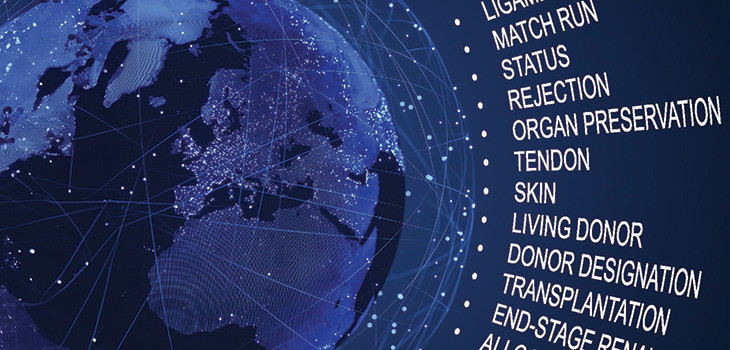
- Sets out strategies to combat crimes and corruption in organ transplant.
- Focuses on state-sanctioned forced organ harvesting in China.
- References the China Tribunal full report in 2020 on Falun Gong practitioner victims.
Sometimes medicine and science, or scientific discovery, are privileged above our common humanity. In the case of forced organ harvesting, the killing of humans for the sake of providing organs for transplant, bad actors are intentionally violating human rights. Organ trafficking and trafficking in persons for organ removal are forms of criminal exploitation, in the same vein as state-sanctioned forced organ harvesting like that described in China (the China Tribunal Judgment, 2020, see Chinatribunal.com, Independent tribunal into forced organ harvesting from prisoners of conscience in China). All violate the requirements set forth in the World Health Organisation Guiding Principles on Human Cell, Tissue, and Organ Transplantation that organ donation be voluntary and consensual.
Torture, genocide, crimes against humanity, modern slavery and exploitation









